Getting to know nutmeg farmers: a photographic report
There were several more practical reasons for a trip I, head of communications Channa Brunt, recently made to Indonesia. My main objective, though, was to meet with and talk to the people that my work aims to serve: the farmers producing our food. This article is a photo-driven report of this journey.
My conscience was seriously being tested: was I going to break my no-flight streak of 5 years to finally have the opportunity to meet the farmers that Fairfood’s work aims to benefit? After taking the time to let everything sink in, I can say yes, it was worth it. Having met the farmers, their families, collectors and everyone in between, gave an energy boost that even my colleagues called me out on once I got back.
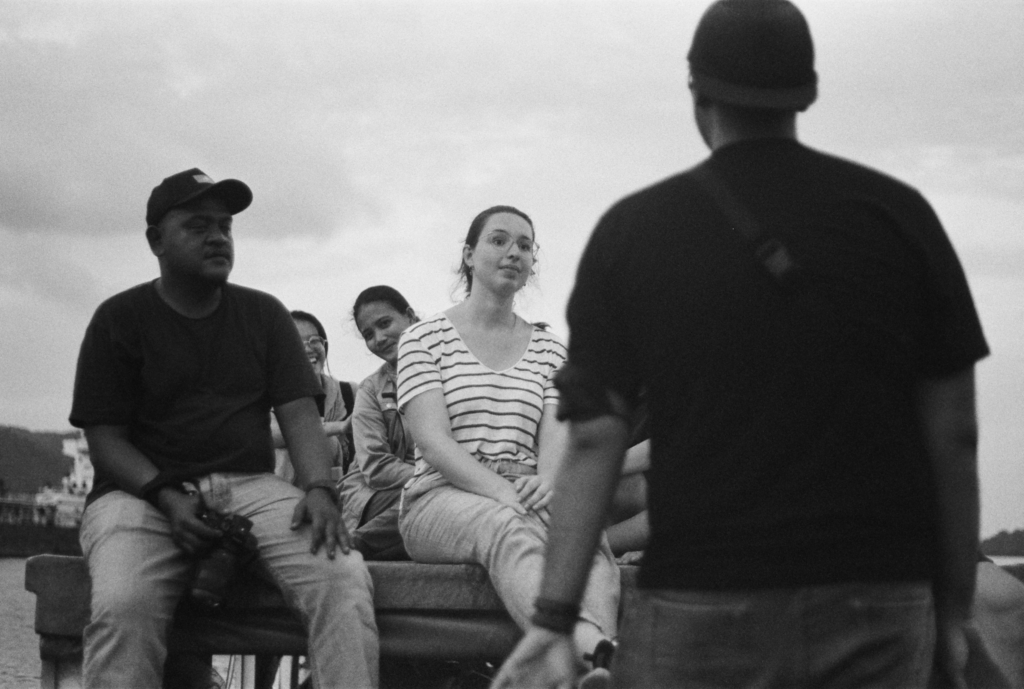
The farmers in this story are nutmeg farmers, based in Sulawesi, Indonesia. More specifically, on the island of Lembeh. Most of the mornings we were there, we got up at 6am to have a small motorboat take us to this island. With we, I mean: me, a delegation of one of Fairfood’s long-time partners Verstegen Spices & Sauces, and a film crew. Why at 6am, you ask? Because travelling around Lembeh takes time due to a lack of proper roads (the islanders themselves are mostly using scooters for transport, and so the roads weren’t built for big crews in cars – understandably so), and we needed proper daylight since we were there to shoot a video. More on that video later.
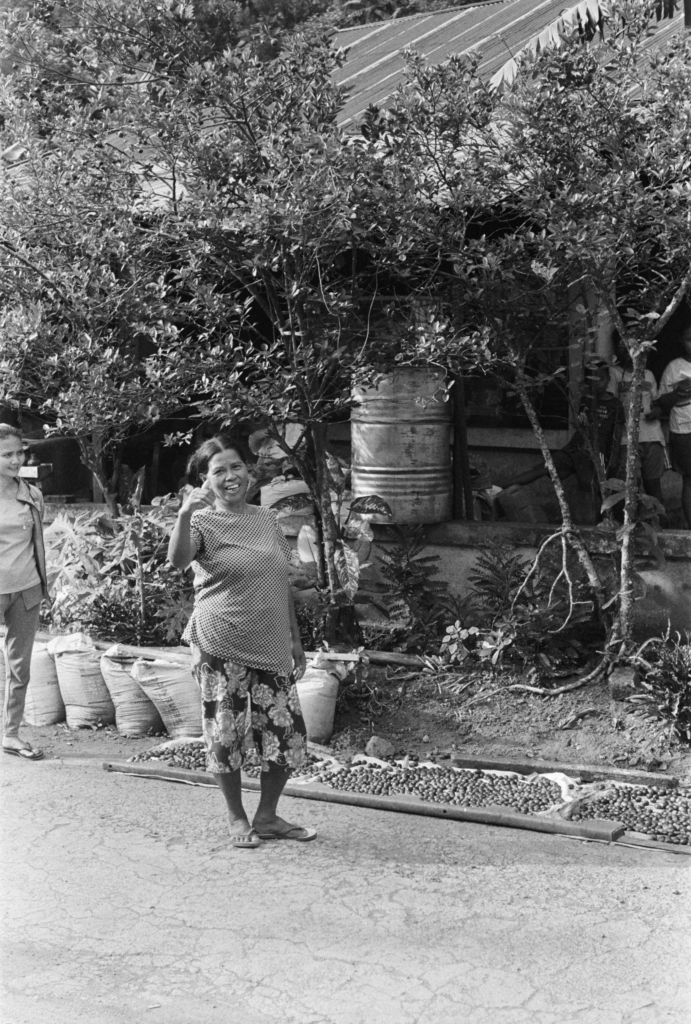
The first nutmeg farmer I met, was a modest lady who warmly welcomed us into her house and onto her nutmeg plantation. Although I still intend to educate myself properly about agroforestry, I looked around and felt that she was already big on it – maybe unknowingly so. This was a feeling that stuck with me throughout my visit, with every plantation I saw: it was nutmeg trees among coconut trees, clove trees, bamboo and countless other crops.
Which leads me to a little glance into their daily reality: the price of coconut dropped dramatically recently, so the farmers were constantly keeping us from standing under their coconut trees; harvesting the coconuts was literally no longer worth it, so the coconuts were dropping from the trees overripe – a hazard to the head.
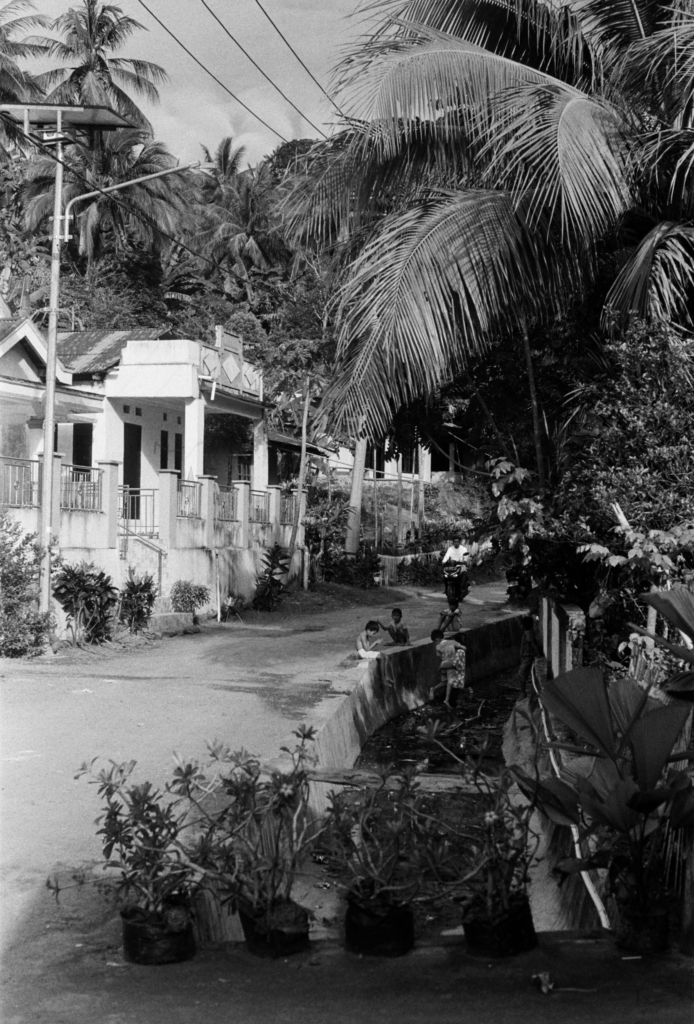
This first nutmeg farmer was one of the possible candidates for the video I mentioned earlier. Fairfood and Verstegen have been working on an exciting project for some time now, tracing nutmeg from farmer to consumer, and telling the transparent story to consumers. The project aims to strengthen the business relationship between Verstegen and the farmers, and ultimately improve the livelihoods of these farmers. The video, that is soon to be released, tells the story of the project, together with several of the stakeholders involved.
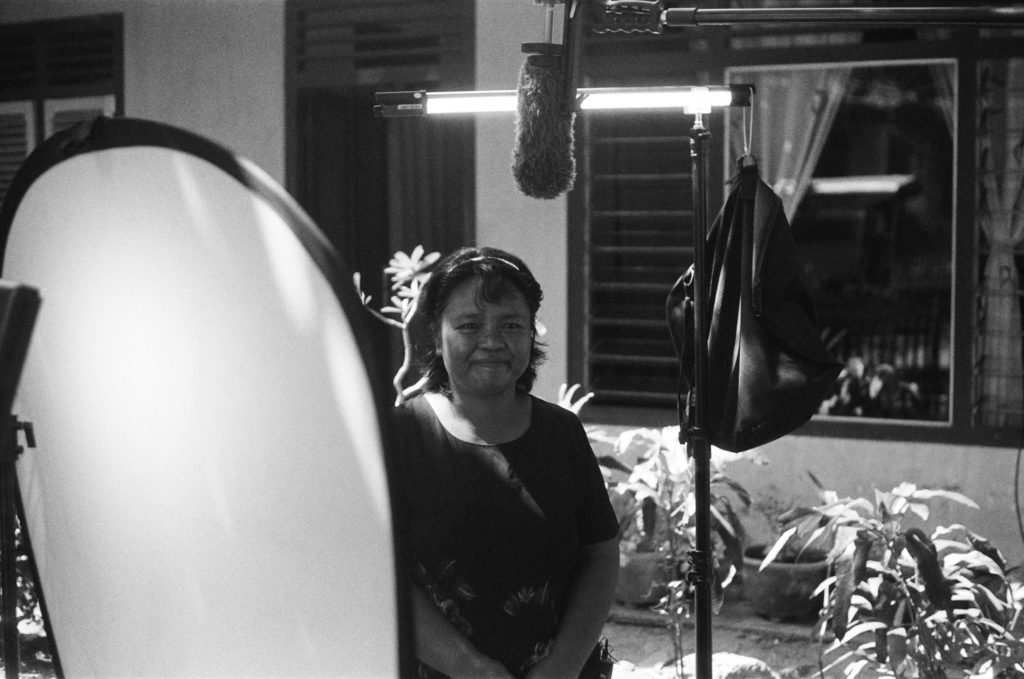
Astrid is another nutmeg farmer I met during my trip, and one that stuck with me most. She had a clear vision on both her work as a farmer and on the project that she is an active part of. She is ambitious and entrepreneurial. Clearly, she was proud of her work as a farmer, but she was also in the process of building a stall next to her house where she intends to sell patrol for the countless scooters on the island. When I asked her if she wished for her children to become farmers, she laughed. Well yes, being a farmer is a respectable job, she said, but her children are in law school.
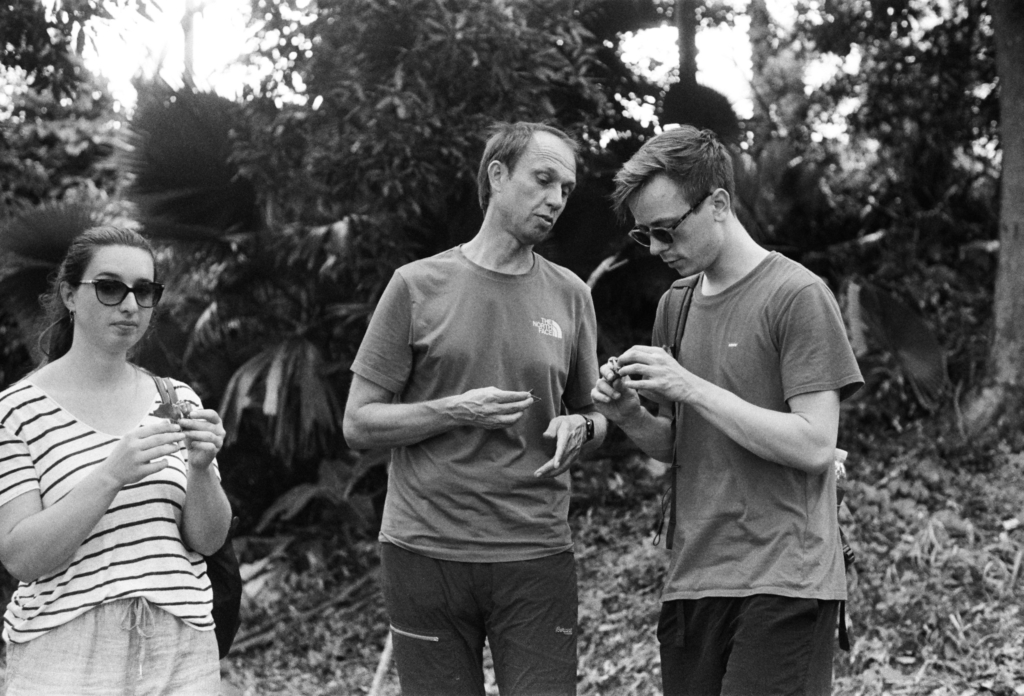
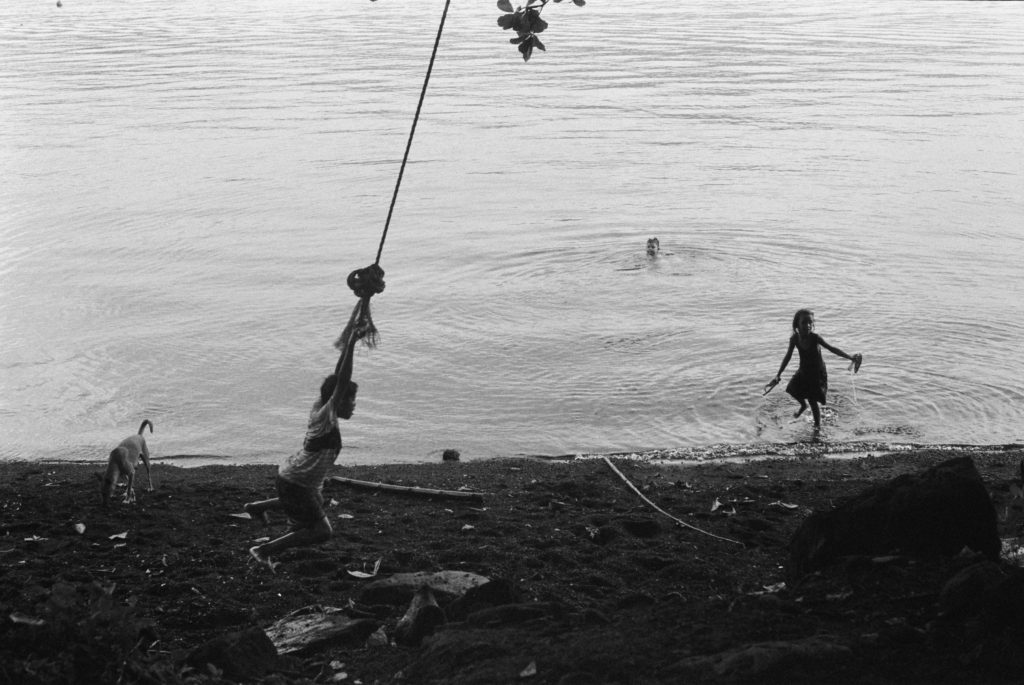
On one occasion, I was talking to one of my travel mates – we posed the question of what the positive impact is we hoped to see for the Fairfood/Verstegen project. The answer is along the lines of an ambition that I once heard Verstegen’s director Michel Driessen voice: to support the farmers’ entrepreneurship. It is about allowing them to do their job best, in a way that they see fit to their surroundings (I’m thinking again about the agroforestry I have seen). It is also about giving them the opportunity to strengthen their position in global value chains, so they can take what is rightfully theirs (I’m thinking, of course, about a fair share of the product’s value).
And so, I left the island optimistically. I do believe that with the project interventions that we have in place, we can make this happen. And should we not, I don’t think the (mostly female!) farmers I’ve met will let us get away with it.


